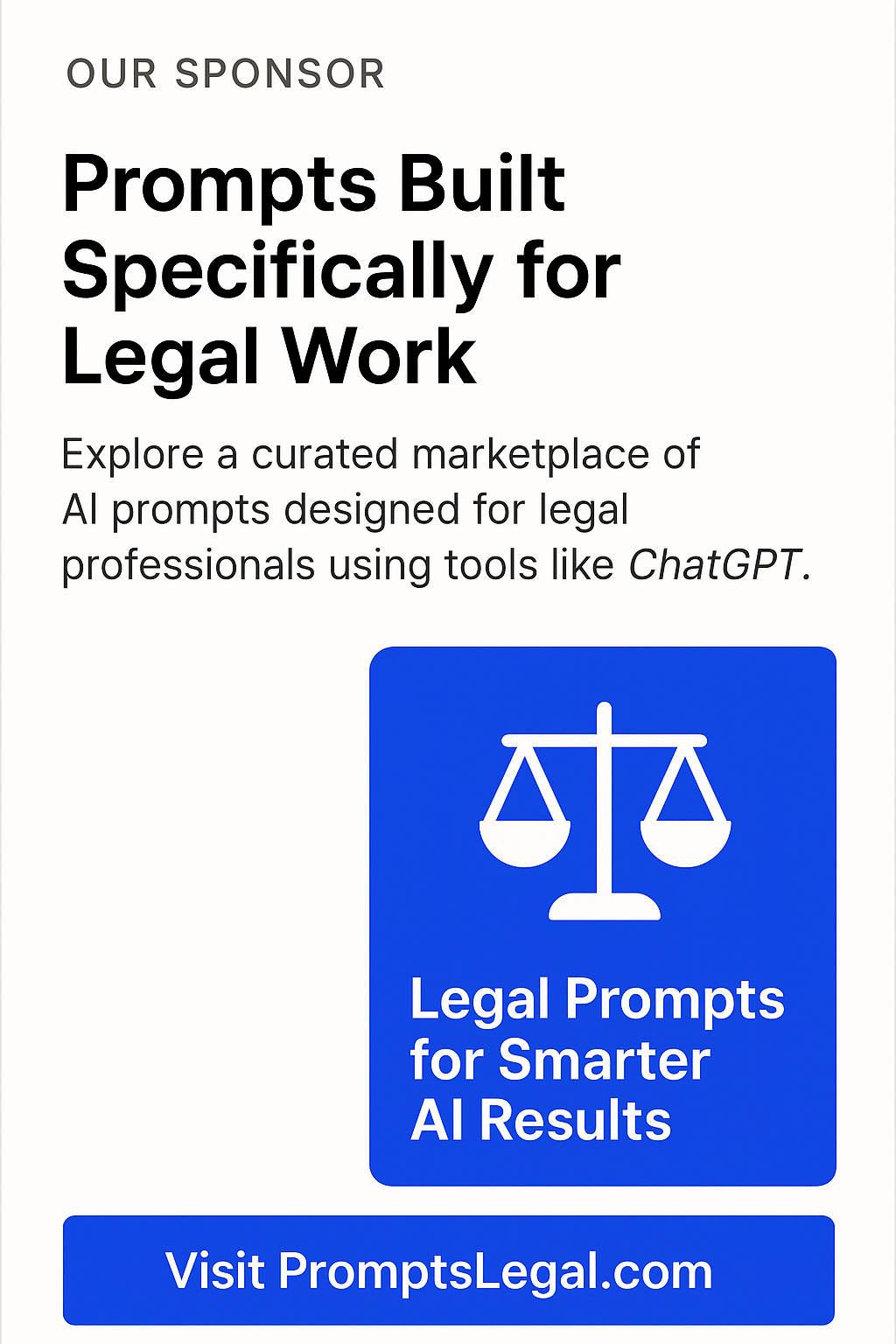Where Legal Minds explore the Future of AI
Trusted Directory hub of curated articles, reports, books and resources helping legal professionals learn and stay ahead in AI-related law, regulation and legal innovation.
Directory of AI Law Articles, Reports & Other Publications
This comprehensive handbook provides essential insights into AI's legal, ethical, and policy implications across society. Drawing from experts across disciplines, it examines how AI systems operate today and explores European regulatory frameworks like the AI Act. With AI's expanding societal impact, this interdisciplinary resource is crucial for understanding governance challenges and opportunities in our algorithmic future.
This practical field guide offers attorneys and business professionals essential navigation tools for AI legal compliance across multiple jurisdictions. It provides concise guidance on privacy, intellectual property, liability, and regulatory requirements for AI development and deployment, making complex legal concepts accessible to non-specialists.
This comprehensive 544-page textbook provides essential foundation for understanding ethical challenges in AI development and deployment. Written by a leading expert in AI ethics who has held positions at Oxford, Bristol, and Cardiff Universities, it offers practical frameworks for addressing algorithmic bias, transparency, and accountability in AI systems.
This pioneering book brings together forty international authors to examine AI's emerging legal framework across multiple jurisdictions including Canada, France, Belgium, the US, Brazil, Mexico, and Senegal. It addresses sectoral rules, risk-based norms, data governance, IP law, and liability systems while analyzing cultural differences in AI regulation approaches.
This book presents readers with a comprehensive understanding of AI ethics, examining ethical questions across different AI applications through case studies and theoretical frameworks from multiple academic disciplines including legal policy, environmental sciences, and philosophy of technology.
This open access book examines how generative AI will transform society when 90% of digital content becomes AI-generated, making reality indistinguishable from synthetic content. It analyzes humanoid robots, deepfakes, augmented reality, and virtual reality, exploring their unprecedented impact on democracy, judicial systems, press freedom, and personal relationships.

